UNESCO World Engineering Day: Developing a Sustainable World

For World Engineering Day, we explore how Materials Science and Engineering research is essential to sustainable development.
The 4 March is World Engineering Day - an official International day proclaimed in 2019 by the United Nationals Educations, Scientific and Cultural Organisation (UNESCO). This year the theme is World Engineering Day for Sustainable Development.
Materials Science is key to helping achieve sustainable development, and our researchers are investigating ways to make the planet a better place through engineering, better healthcare, new materials and alternative energy sources.
We take a look at the current work of several of our researchers, who are working towards the 17 UN Sustainable Development goals and helping to create a more sustainable planet.
Sustainable development goal: Good Health and Wellbeing
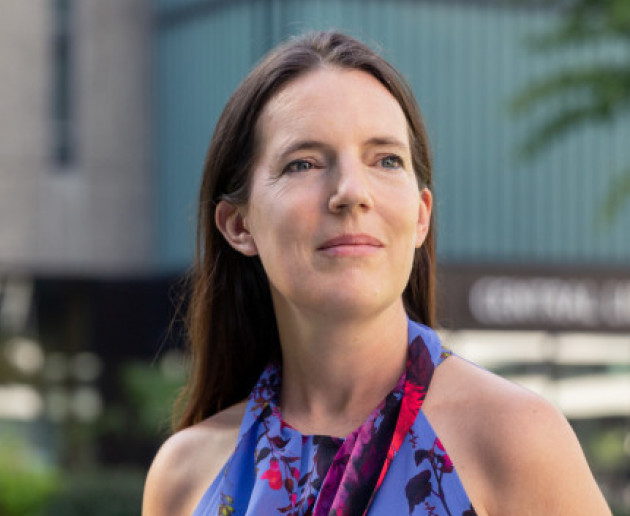 Professor Molly Stevens leads a large and extremely multidisciplinary research group to investigate Biomaterials and Tissue Engineering.
Professor Molly Stevens leads a large and extremely multidisciplinary research group to investigate Biomaterials and Tissue Engineering.
The group use innovative bioengineering approaches to pursue their vision of solving key problems in regenerative medicine and biosensing. Their research spans drug delivery, bioactive materials, tissue engineering, biosensing, materials characterisation, soft robotics and the interface between living and non-living matter and is underpinned by collaborations with data scientists and molecular dynamics experts.
Their key research insights could help develop rapid diagnostic tests for infectious diseases such as Ebola and HIV. These rapid diagnostic tests aim to support the quick detection of infectious diseases to treat patients efficiently and support societal good health and wellbeing.
Sustainable development goal: Affordable and Clean Technology
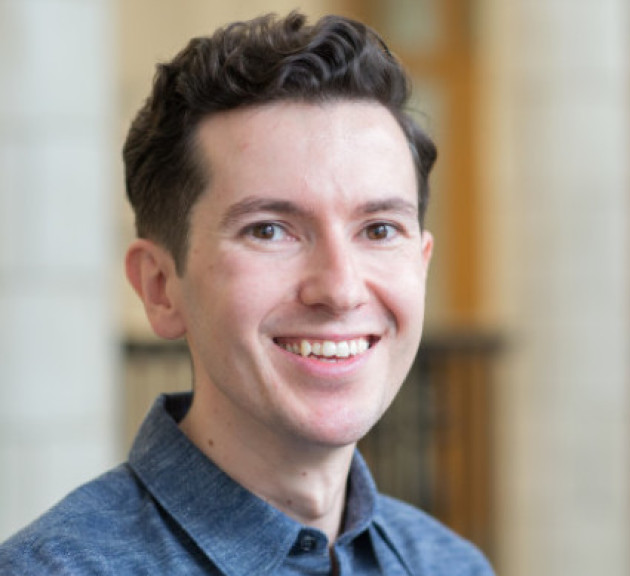 Professor Aron Walsh and Seán Kavanagh, Research Postgraduate in the Department of Materials, have recently produced an ultrathin material with the strongest light absorption of any solar cell material.
Professor Aron Walsh and Seán Kavanagh, Research Postgraduate in the Department of Materials, have recently produced an ultrathin material with the strongest light absorption of any solar cell material.
In collaboration with the Institute of Photonic Sciences (ICFO) and University College London, the research has led them a step closer to developing highly efficient and extremely thin solar cells that can be used in various everyday applications.
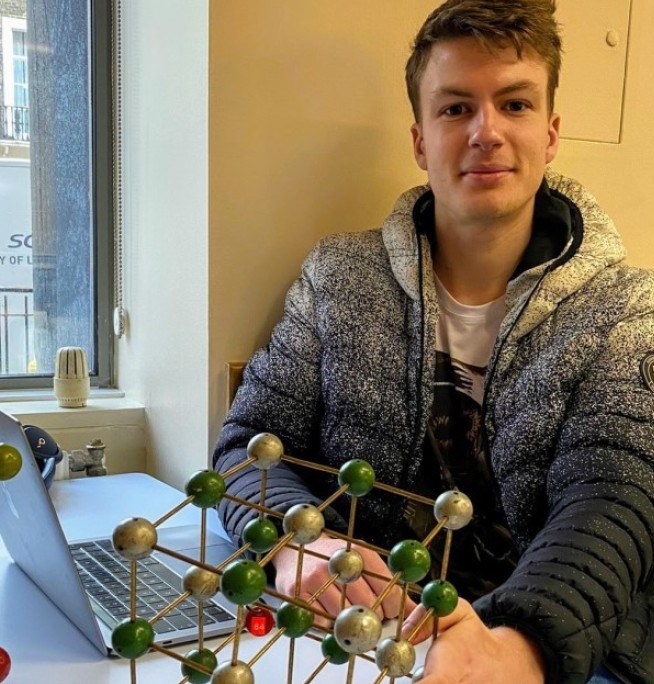
The new ultrathin material is ideal for solar devices in everything from windows to car roofs to clothes due to its flexibility and extremely thin width. The material can also be 3D printed, making it more affordable and accessible than alternative solar materials.
Dr Aron Walsh commented:
"The urgent need for sustainable energy sources is clear. The sun is a renewable resource that we simply can’t afford to ignore."
Sustainable development goal: Industry, Innovation and Infrastructure
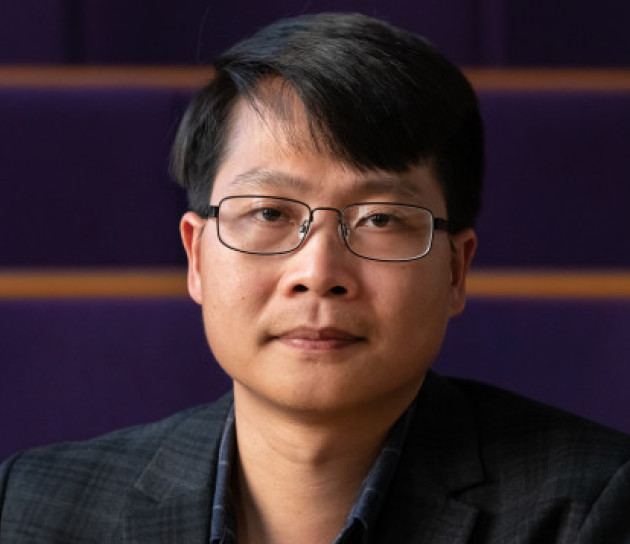 Dr Minh-Son Pham, Senior Lecturer in the Department of Materials, investigates new artificial intelligent materials that combine knowledge of metals with 3D printing. The findings could speed up the use of 3D printed materials in various applications, from construction and vehicles to medical devices.
Dr Minh-Son Pham, Senior Lecturer in the Department of Materials, investigates new artificial intelligent materials that combine knowledge of metals with 3D printing. The findings could speed up the use of 3D printed materials in various applications, from construction and vehicles to medical devices.
Over the next 20 years, materials could be programmed to learn and react to their surrounding environment, such as houses naturally changing their structure in reaction to floods to mitigate the adverse consequences of climate change and safer cars with minimal energy consumption.
Sustainable development goal: Sustainable cities and societies
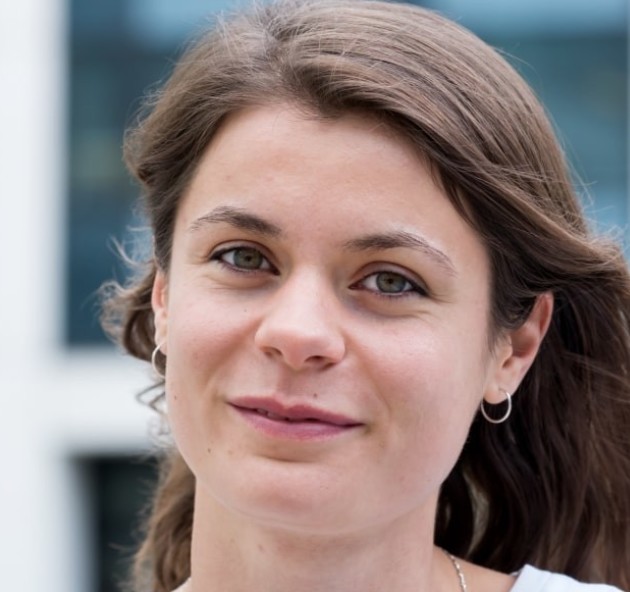 Dr Gloria Young, a Research Associate in the Department of Materials, is investigating whether we can reduce pollution in cities using green space. She was recently awarded funding from the Julia Higgins fund to start this research.
Dr Gloria Young, a Research Associate in the Department of Materials, is investigating whether we can reduce pollution in cities using green space. She was recently awarded funding from the Julia Higgins fund to start this research.
Dr Young is currently investigating which types of pollution are filtered through a hedge on a busy roadside and whether leaves can filter pollution in cities. Research has found that leaves can potentially act as traps for air pollution. Therefore, this promising research brings hope to reducing pollution levels and protecting the health of inhabitants in cities through increased and strategically placed green spaces.
Sustainable development goal: Responsible Production and Consumption
 Marta Chiapasco, Research Postgraduate in the Department of Materials, investigates plastic degradation.
Marta Chiapasco, Research Postgraduate in the Department of Materials, investigates plastic degradation.
Her current research focuses on investigating the properties of plastic materials in comparison to new polymer technologies. From this investigation, she hopes to understand how to design packaging that degrades faster if released in the environment.
Marta commented: "The ultimate goal of the research is to avoid the accumulation of waste and the production of microplastics once plastics degrade.
So far we have observed that materials with the same composition but different microstructure degraded at different rates. We now need to take steps to understand other types of compositions and prove the current results with mechanical testing."
Marta is supervised by Professor Alexandra Porter and Professor Finn Giuliani.
Article text (excluding photos or graphics) © Imperial College London.
Photos and graphics subject to third party copyright used with permission or © Imperial College London.
Reporter
Kayleigh Brewer
Department of Materials